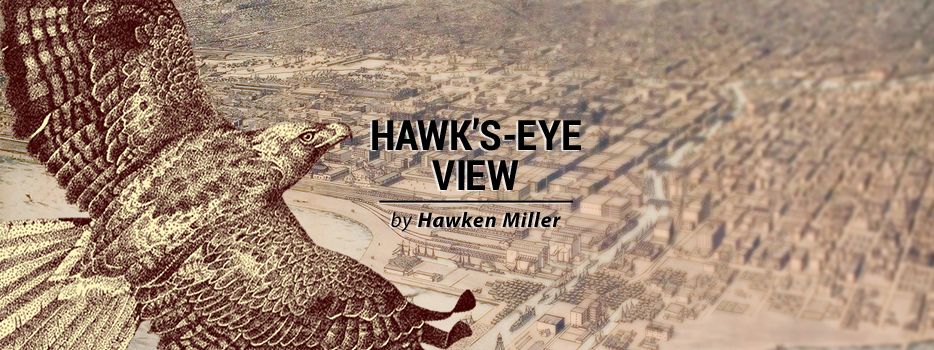The Value of Having Friends With the Same Disease
Written by |

Over the last couple of years, I’ve had opportunities to meet and befriend more adults with Duchenne muscular dystrophy. Whether we’ve found one another through CureDuchenne events or a common love for video games, my network within the disease community has expanded.
As someone who is used to hanging out with able-bodied people, having friends with the same disease helps me through some common issues (loss of strength, anxiety about relationships, and lack of self-worth), inspires me to achieve my own goals, and makes me feel normal.
I’ve previously written about why it’s important for adults with Duchenne to mentor younger boys. It’s also important for us to have friends with the disease who are the same age. Often, people who aren’t as far along in disease progression (those who are younger, for example) don’t deal with the same difficulties that older guys do. Plus, we’re at a different stage in life: We’re post-school, working or looking for work, and trying to develop lasting relationships.
In the time I’ve known some of my adult friends with Duchenne, I’ve consulted with them about the least strenuous gaming set-ups, caregiving advice, and navigating the dating world in a wheelchair. I also hope I’ve been able to teach them something about living with Duchenne. That’s the beauty of being friends with someone who shares the same diagnosis. It’s like we’re on a journey together, teaming up to slay the beasts that try to diminish us.
I’m inspired by what people on social media and my own friends with Duchenne do in spite of a terrible situation. Some are gainfully employed, while others are incredibly talented at video games. One of my friends is getting a degree in microbiology and molecular genetics, and plans to go into genetic research. When I’m around people who are accomplishing it all and dealing with the same condition, it empowers me to do the same.
There’s something freeing about not having to explain myself to new friends all the time. With able-bodied people, I have to go into detail about the biology behind my physical symptoms. Just because I can do one thing doesn’t mean I can do another. Sometimes, I just feel fatigued and need extra rest.
I don’t have to go through all of that when I’m with people who face the same challenges on a daily basis. They understand without me going through mental gymnastics to explain my situation. This part of the relationship is mostly nonverbal, but it’s vital for me. Surrounding myself with people of the — let’s call it “Duchenne brotherhood” — ensures a safe space where I can say what I feel without being embarrassed about it.
***
Note: Muscular Dystrophy News is strictly a news and information website about the disease. It does not provide medical advice, diagnosis or treatment. This content is not intended to be a substitute for professional medical advice, diagnosis, or treatment. Always seek the advice of your physician or another qualified health provider with any questions you may have regarding a medical condition. Never disregard professional medical advice or delay in seeking it because of something you have read on this website. The opinions expressed in this column are not those of Muscular Dystrophy News or its parent company, Bionews, and are intended to spark discussion about issues pertaining to muscular dystrophy.





